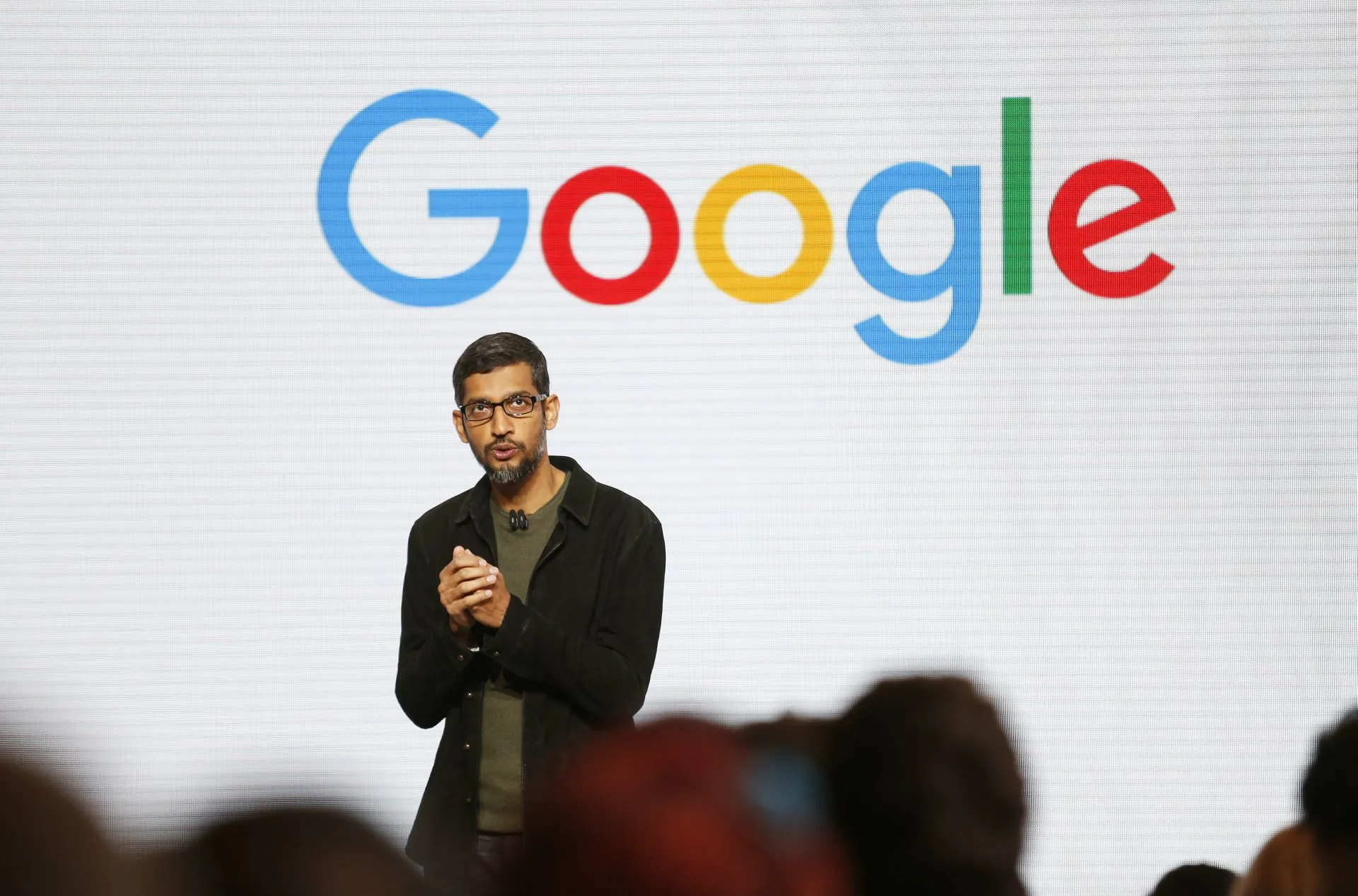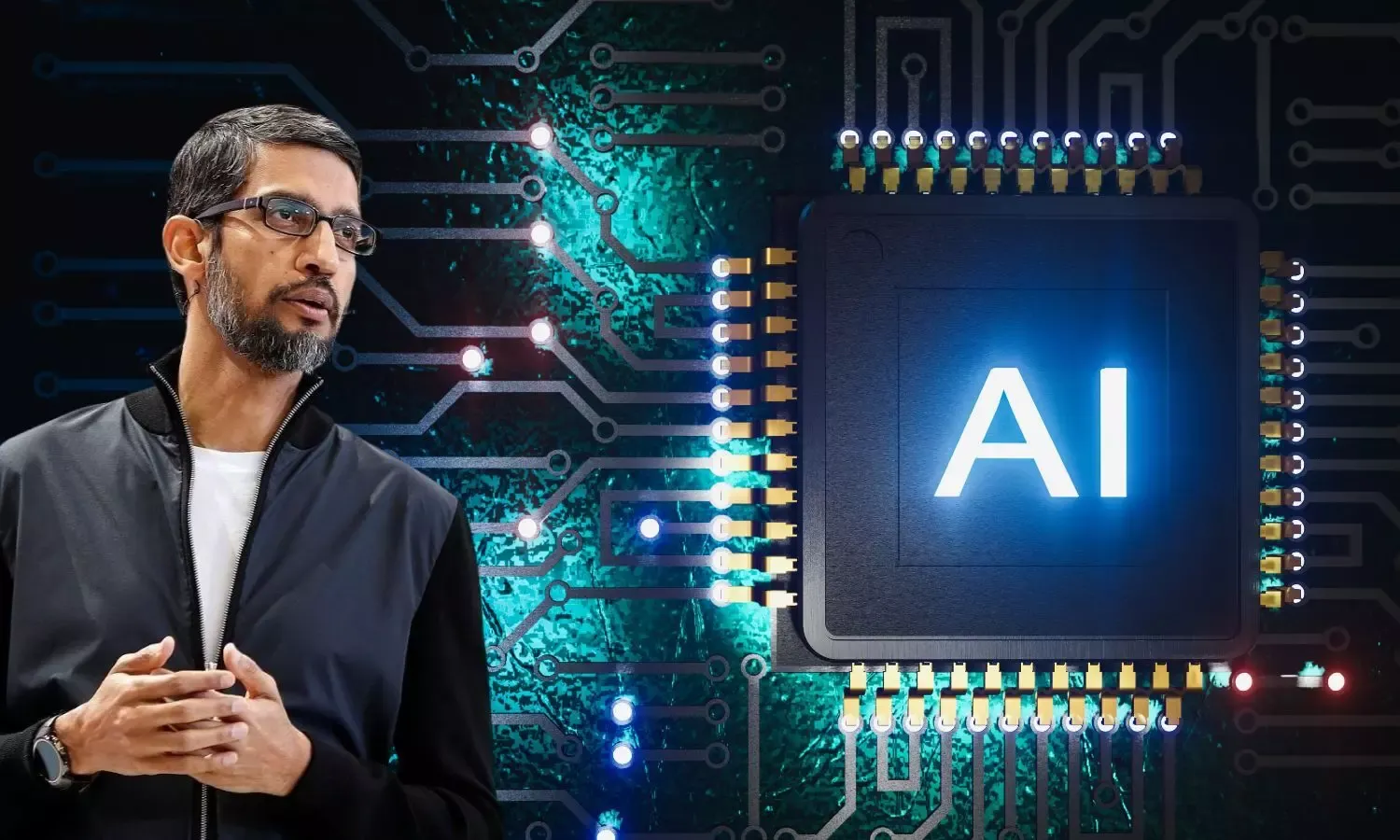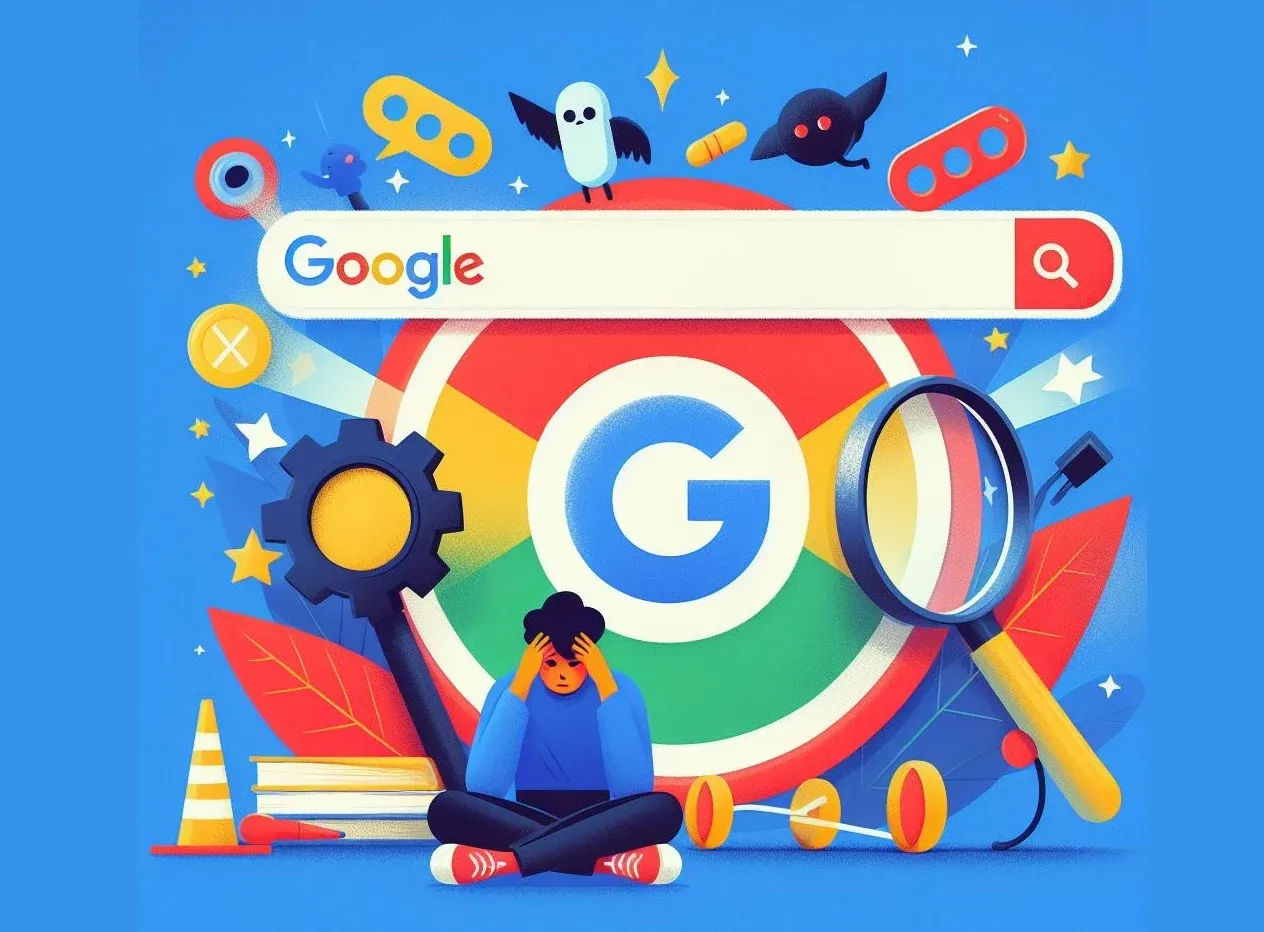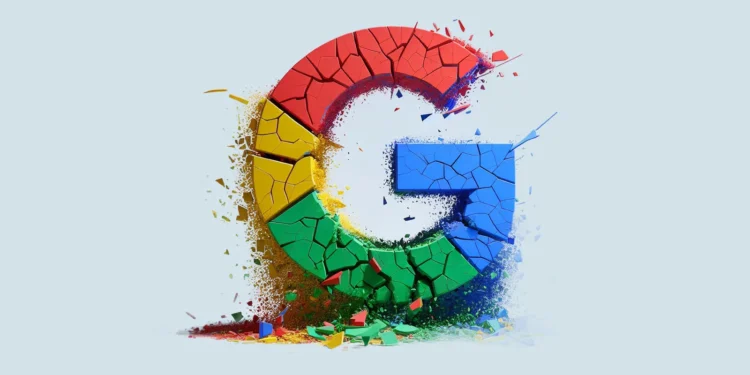During a recent interview at the New York Times DealBook Summit, Sundar Pichai, CEO of Google, shared insights into the future of Google Search and the broader implications for the web ecosystem and content creators. Pichai, in conversation with Andrew Ross Sorkin, unveiled expectations for profound changes in Google Search by 2025, reflecting on the deep integration of artificial intelligence in search functionalities and the ethical considerations this entails.

Pioneering AI to Shape the Future of Search
Pichai emphasized that Google is at “the earliest stages of a profound shift,” primarily driven by advancements in artificial intelligence. According to Pichai, Google is not just participating but leading this charge, thanks to its foundational research in AI, particularly in the area of transformers, which are critical to the AI technology powering today’s innovations.
“We have taken a deep full-stack approach to AI,” Pichai stated, underlining the breadth of Google’s AI investment—from silicon, in its sixth generation of tensor processing units, to its extensive product reach with 15 products having over half a billion users each. Pichai highlighted Google’s contribution to the AI community, noting, “We are the most cited institution in the world when it comes to generational AI.”
Transformative AI and the Blue Link Economy
The conversation also touched upon the strategic applications of AI in Google’s core products, particularly search. Pichai detailed how AI technologies like BERT and MUM have been instrumental in bridging gaps in search quality, enabling more multimodal interactions and improving the overall language understanding of Google Search.

However, Pichai acknowledged the challenges in balancing innovation with the economic implications for content creators. This response came amidst discussions about Google’s role in the “blue link economy,” where there are concerns about AI potentially cannibalizing traditional web content, thus affecting the livelihoods of those who create it.
“The area where we applied AI the most aggressively is in search… the improvements in search quality and language understanding are pivotal,” Pichai elaborated. He reassured that the evolution of search technologies aims to enhance, not diminish, the value of authentic content on the internet.
Ethical Considerations and the Impact on Creators
The interview also delved into the ethical dimensions of AI in search, particularly how it affects content creators. Pichai faced tough questions regarding the potential devaluation of original content in an AI-dominated landscape. He defended Google’s approach, emphasizing the company’s ongoing efforts to think critically about the impact on the publishing ecosystem and the traffic it drives to websites.
“We spend a lot of time thinking about the traffic we send to the ecosystem,” Pichai said, acknowledging the delicate balance required in managing technological advancements and their real-world impacts. He also discussed the mechanisms in place, like YouTube’s Content ID, to ensure that creators are compensated for their work, thereby supporting a sustainable creative economy.

Looking Ahead: The Road to 2025
As the interview concluded, Pichai painted a picture of a future where search engines are more capable of handling complex queries and delivering even more precise results. “Search itself will continue to change profoundly in 2025… we are going to be able to tackle more complex questions than ever before,” he predicted.
This forward-looking vision for Google Search underscores a broader trend in the technology sector: a shift towards more dynamic, AI-driven solutions that promise to redefine how users interact with information online. As Google prepares for these changes, the conversation around AI’s role in our digital lives and its impact on the content ecosystem continues to evolve, highlighting the need for a balanced approach that fosters innovation while ensuring fairness and respect for content creators.










